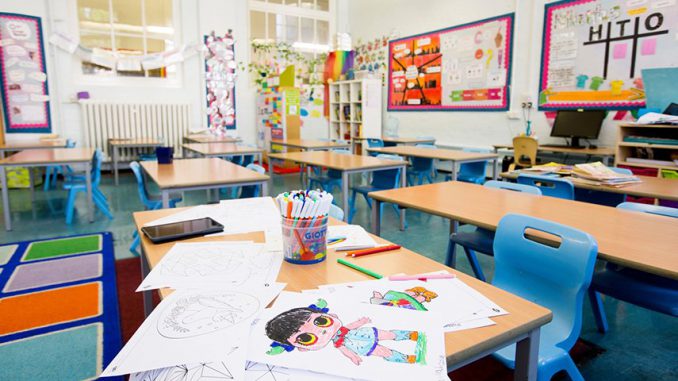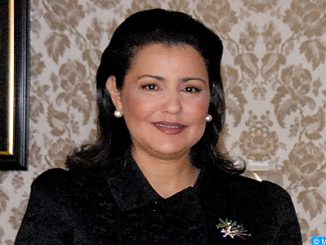
The UNICEF organization stressed the importance to return to school for children in the MENA region, in order to compensate for what they missed while distance education was being provided during the pandemic. The organization pointed out that 2 out of 5 students in the region did not even have access to distance education during the school closure.
The international organization said it is important to equip children, especially those who are most marginalized and in danger of never returning to school, with all the support they need to continue their education. It added on its website: “This is an opportunity to reform the region’s school systems and move towards an integrated approach to education. Education systems can become more flexible by adding the use of digital devices, giving children the chance to acquire skills and knowledge and to be prepared to become more mature. “
As part of efforts to support the safe reopening of schools, UNICEF has launched the “Ready to Come Back: A Teacher Preparedness Training Package” initiative to train teachers to teach during the pandemic. This initiative presents several ready-to-use science-based recommendations and activities to improve the safety and well-being of children both in school and at a distance.
According to figures from UNICEF, which is responsible for children’s issues worldwide, the education of 110 million children in the MENA region was disrupted because of the pandemic, 6 out of 10 10-year-old students in the region cannot read or understand a simple text that corresponds to their age, half of the region’s schools lack water, sanitation and hygiene facilities, and more than 14 million school-age students do not attend school because of wars and armed conflicts. At the same time, half of the students already in school do not master basic skills, reading, writing or math.
It should be noted that the modules of the initiative ” Ready to Come Back: A Teacher Preparedness Training Package ” produced by UNICEF are available on the Internet in Arabic, English and French.




Be the first to comment